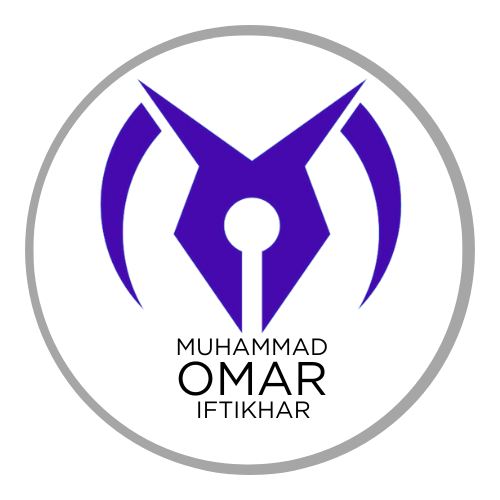The case of the Pakistanis conducting activities in their way is unorthodox, to say the least. We as a nation have exhibited endurance in the face of impending trials. A case in point is the 2005 Kashmir Earthquake that occurred on October 8, 2005. All of Pakistan assembled as one—when upon the government’s request—they began sending medicine and daily supplies to the earthquake survivors. The entire nation stood as a shining example for the world to see. However, as a nation we have an eccentric thought process. We do not seldom think about the consequences and act on the spur of the moment. Every day we see people traveling in public buses while hanging at the door or clinging on the railing outside, which can lead to an injury. Our social consciousness is hard to define. Pakistanis do follow the rules when they are visiting or residing in the UAE, Canada, the US, or any other country.
In Pakistan, they tend to break the rules at will. We see people driving on the wrong side of the road as if they have a right to do so. Furthermore, parallel parking on narrow streets and parking cars haphazardly is also a norm. Imagine the moment for the authorities of DHA, Karachi to find cars parked on the newly constructed bicycle lane at Sea View. It was a moment of humour but more of regret that we do not value innovation.
Our social consciousness is also reflected in how we celebrate our success. A friend/work colleague celebrating success takes close friends and relatives to lunch or dinner. If the person has established a start-up, his/her friends and relatives expect a discount or free product/services. This must not be the case. Friends and relatives should support their colleague who begins a business by availing of products/services at full price. Furthermore, offering someone lunch or dinner proves to be a liability in the long run without giving any value to the person offering it. Friends should collect money and give a valuable gift (tech product/long-term investment) that can help the person grow. Our social consciousness needs to be changed if we as a nation aspire to grow. This refers to making profound and drastic changes to how we complete tasks. Social media, for instance, is used to connect with friends and—to a greater extent—to satisfy our ego. We feel proud by commenting on status updates and by arguing with people over religious, political, and social topics. We need to refrain from such acts. A debate must lead to a constructive step to be pursued by both sides.
Furthermore, our social consciousness’ loopholes became evident during the COVID-19 pandemic. Only a few were seen wearing a mask, using a sanitiser, and observing social distancing protocols. A majority of people still consider COVID-19 a hoax. Precaution is necessary under all circumstances. It is interesting to see that the residents of shabby areas, shantytowns, and those living in goth, never follow any precaution yet are free from such ailments.
Perhaps it is their lifestyle of consuming dirty water, dwelling near and around garbage dumps, and not giving heed to health precautions, that their body becomes immune to bacteria/viruses. Our social consciousness is also reflected in how easily we overcome an incident. The heavy rainfalls in August 2020 caused nationwide havoc. The daily operations in Karachi, Islamabad, and Lahore among other cities were disrupted as the roads were inundated with water. However, within a matter of a couple of weeks, we had resumed our daily activities with the destruction caused by rain only a memory on our social media timelines. It is difficult to define our social consciousness. This perhaps reflects our ability to adapt and accommodate to changing patterns of life.
Muhammad Omar Iftikhar is an author, columnist, and fiction writer with over 20 years of writing experience. He has published over 1,000 articles in Pakistan’s print media and is the author of four books. His debut novel, Divided Species (2020), is a science fiction story set in Karachi. His other books include 20 Steps to Writing Articles (2022), Recreate Your Tomorrow! (2023), and Player AI (2024). He has been a public speaker for over a decade, conducting more than thirty sessions for various brands and organizations.

